| This was an excellent example of what we call 'Historical Lensing', the process of intentionally and proactively reading History from a particular and unique angle. The way that Standage explores the development of the Western World from the roots of civilization all the way to our current Capitalist hellscape is elegant and fascinating. It uncovers the unique ways in which what we drink truly does have an affect on Society and therefore on History. His accounting is detailed and well-researched and eloquent enough to open plenty of minds to the way in which seemingly little things often have some of the largest impacts. It does have its problems, however. While this book intentionally lenses through specific drink histories, it is also (seemingly unintentionally) lenses all of world history through the West's rise to domination. It briefly comments on how non-western cultures affected the rise of each drink, and then comments again even more briefly on how the West aggressively screwed over the rest of the world repeatedly in various ways. |
I do highly recommend this book for anyone at all curious about History, even the layest of lay-persons could find it entertaining and informative.
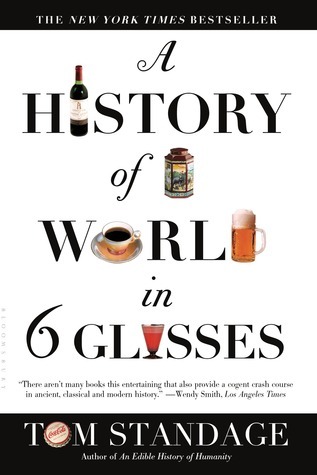
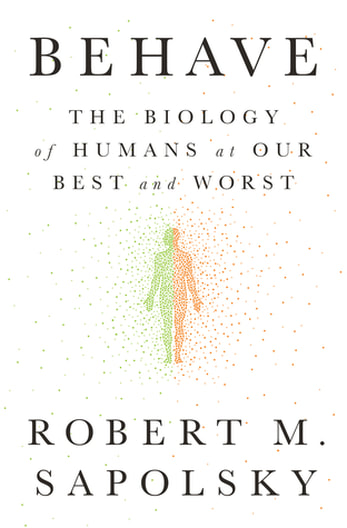
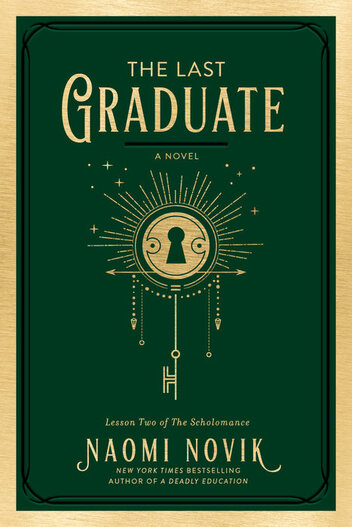
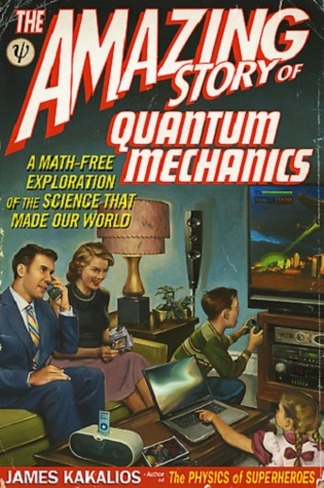
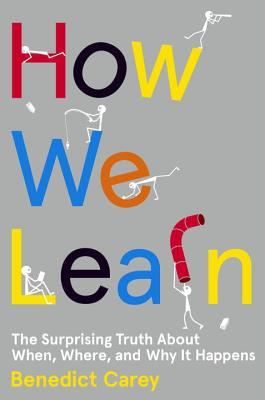
 RSS Feed
RSS Feed
